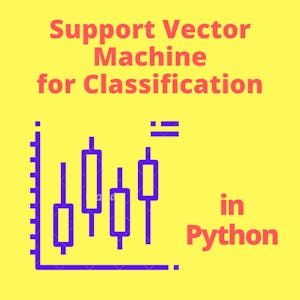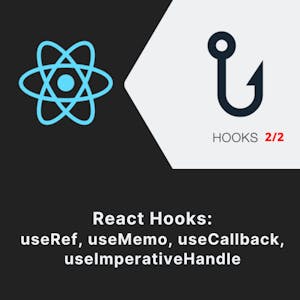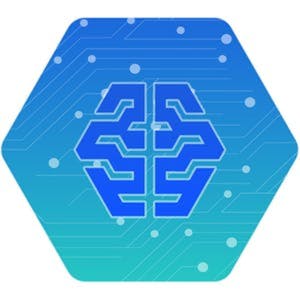Support Vector Machine Classification in Python
About this Course
In this 1-hour long guided project-based course, you will learn how to use Python to implement a Support Vector Machine algorithm for classification. This type of algorithm classifies output data and makes predictions. The output of this model is a set of visualized scattered plots separated with a straight line. You will learn the fundamental theory and practical illustrations behind Support Vector Machines and learn to fit, examine, and utilize supervised Classification models using SVM to classify data, using Python. We will walk you step-by-step into Machine Learning supervised problems. With every task in this project, you will expand your knowledge, develop new skills, and broaden your experience in Machine Learning. Particularly, you will build a Support Vector Machine algorithm, and by the end of this project, you will be able to build your own SVM classification model with amazing visualization. In order to be successful in this project, you should just know the basics of Python and classification algorithms.Created by: Coursera Project Network

Related Online Courses
This specialization is intended for people without programming experience who seek an approachable introduction to data science that uses Python and R to describe and visualize data sets. This... more
By the end of this course you will have a solid grasp of some of the most important hooks in React. We will start by understanding the tricky parts of hooks and spend time digging deeper than other... more
Welcome to the Project Approaches, Lifecycles, and Agile Implementation course! This course provides a comprehensive overview of various project management methodologies, focusing on traditional... more
This is a self-paced lab that takes place in the Google Cloud console. Lab has instructions to conduct distributed load testing with Kubernetes, which includes a sample web application, Docker... more
Data pipelines typically fall under one of the Extract and Load (EL), Extract, Load and Transform (ELT) or Extract, Transform and Load (ETL) paradigms. This course describes which paradigm should... more








